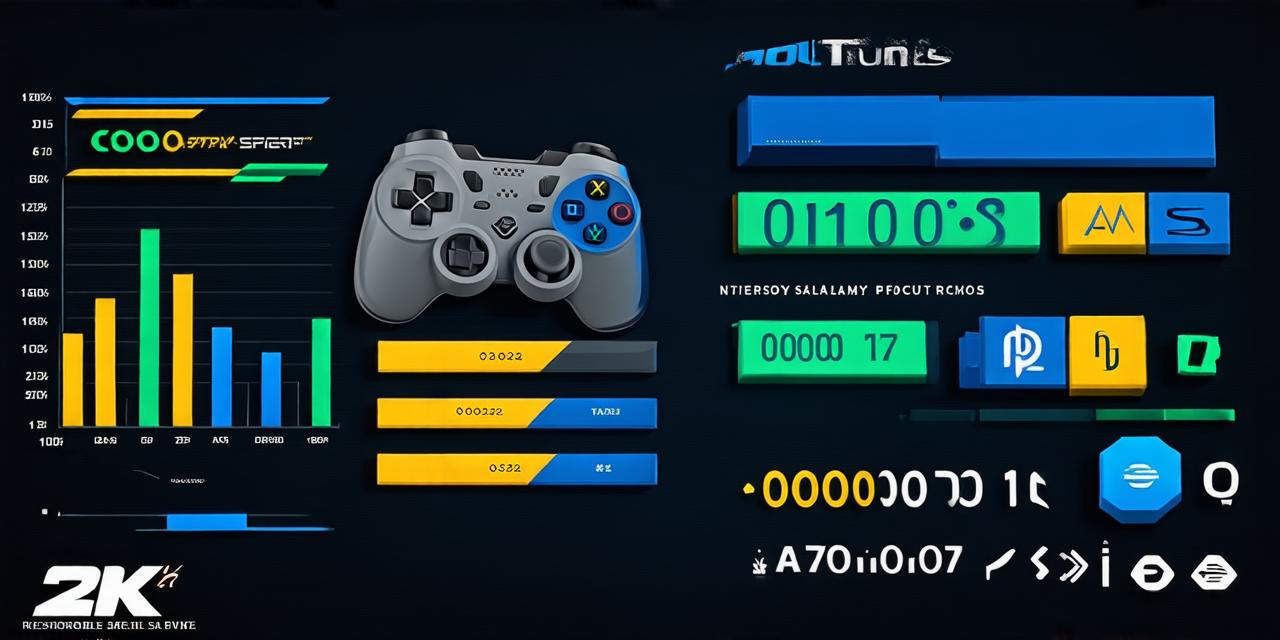Big Data in Gaming Industry
Big data is becoming increasingly important in the gaming industry, as game developers seek to gain valuable insights into player behavior and improve their games.
1. Understanding Player Behavior
One of the biggest challenges for game developers is understanding player behavior. By collecting and analyzing large amounts of data, game developers can gain valuable insights into how players are interacting with their games. This can include information on which levels or features are most popular, how long players are spending in the game, and what types of content they are engaging with. This information can be used to improve the overall player experience by adding more popular features, adjusting the difficulty level of levels, and tailoring the content to individual player preferences.

2. Personalization
Personalization is another key benefit of big data solutions for game developers. By analyzing player behavior, game developers can create personalized experiences that are tailored to each individual player. This can include things like adjusting the difficulty level of levels based on a player’s skill level, or serving up content that is more relevant to a player’s interests. Personalization not only improves the overall player experience but also helps to increase engagement and retention rates.
3. Predictive Analytics
Predictive analytics is another powerful tool that game developers can use to gain valuable insights into player behavior. By analyzing historical data on player behavior, game developers can predict future trends and make data-driven decisions about how to improve their games. For example, if a particular level or feature has been popular in the past, game developers can use this information to create more of that type of content in future updates. Predictive analytics can also be used to identify potential issues before they become major problems, allowing game developers to address them proactively and prevent player dissatisfaction.
4. Improved Monetization
Monetization is an important consideration for any game developer, and big data solutions can help in this area as well. By analyzing player behavior and identifying which features or content are most popular, game developers can create targeted advertising campaigns that are more likely to resonate with their audience. They can also use the insights gained from big data analytics to optimize pricing models, offering discounts or special deals on content that is in high demand.
5. Real-Time Optimization
Real-time optimization is another key benefit of big data solutions for game developers. By continuously monitoring player behavior and adjusting the game in real-time, game developers can create a more engaging and dynamic experience for their players. For example, if a particular level or feature has become too difficult, game developers can use data analytics to adjust the difficulty level or add additional content to make it more accessible. Real-time optimization can also be used to address issues like server overload or network latency, improving the overall player experience and reducing frustration levels.
6. Fraud Detection
Fraud detection is an important consideration for any game developer, especially those who rely on in-game purchases or other forms of revenue. Big data solutions can help game developers identify and prevent fraud by analyzing patterns of behavior and identifying unusual activity. By monitoring player behavior and flagging potential fraudulent activity, game developers can protect their games and their players from financial harm.
7. Improved Customer Service
Finally, big data solutions can also be used to improve customer service for game developers. By collecting and analyzing data on player behavior, game developers can identify common issues or pain points in the game and address them proactively. They can also use data analytics to track player satisfaction levels and identify areas where improvements are needed. This information can be used to make data-driven decisions about how to improve the overall customer experience, leading to increased loyalty and repeat business.
Case Studies
There are many examples of how big data solutions have been successfully implemented in the gaming industry. One such example is the use of predictive analytics by mobile game developer Kabam.




